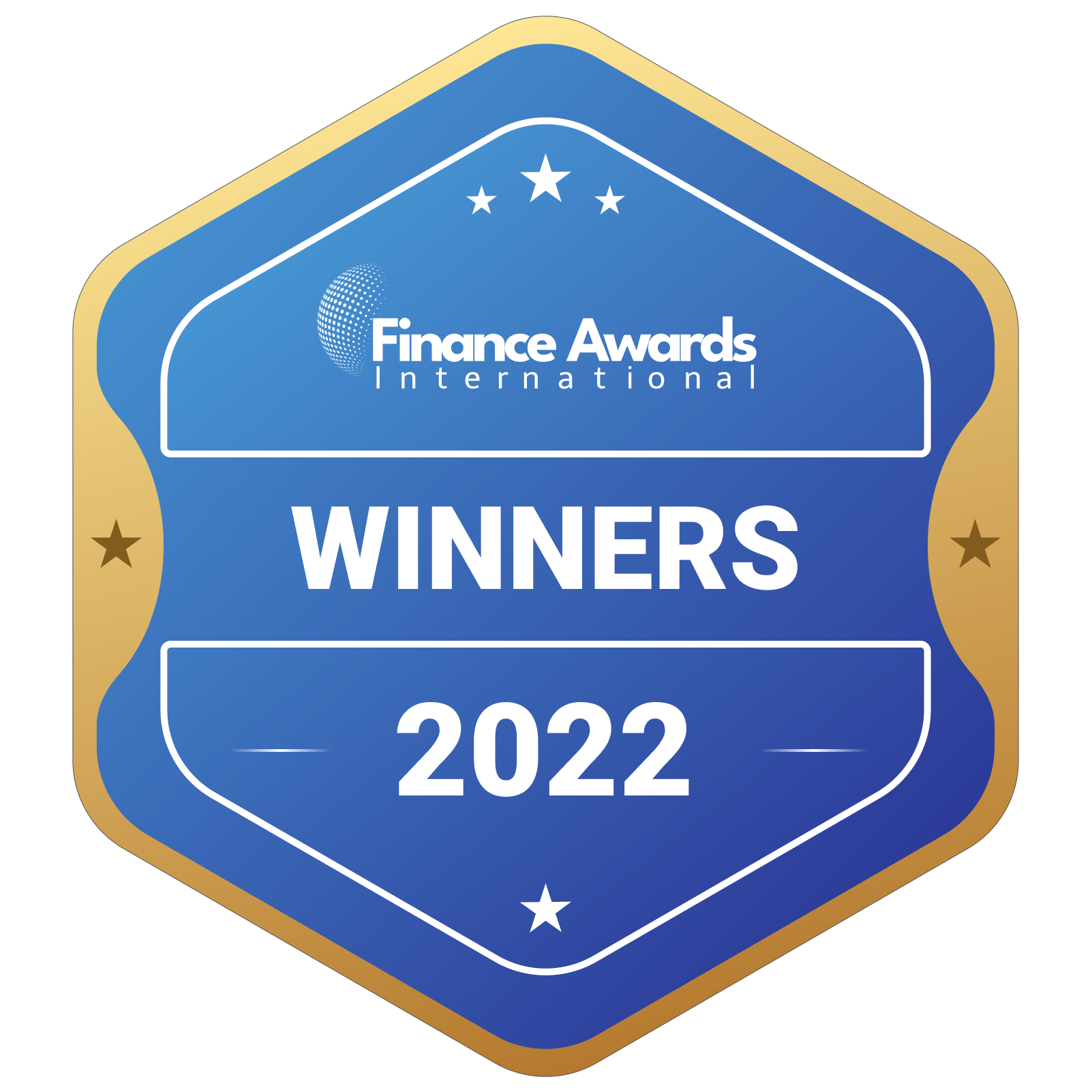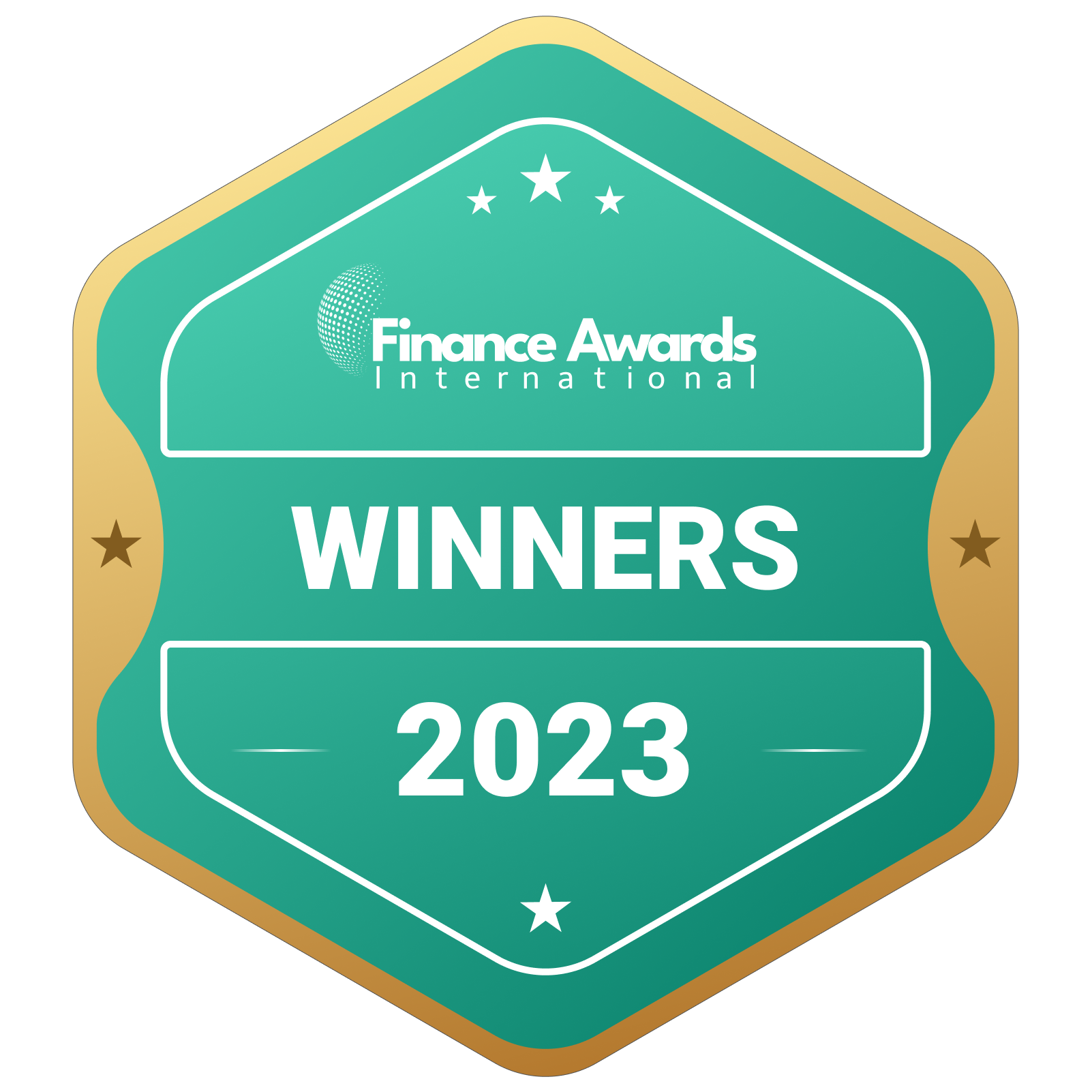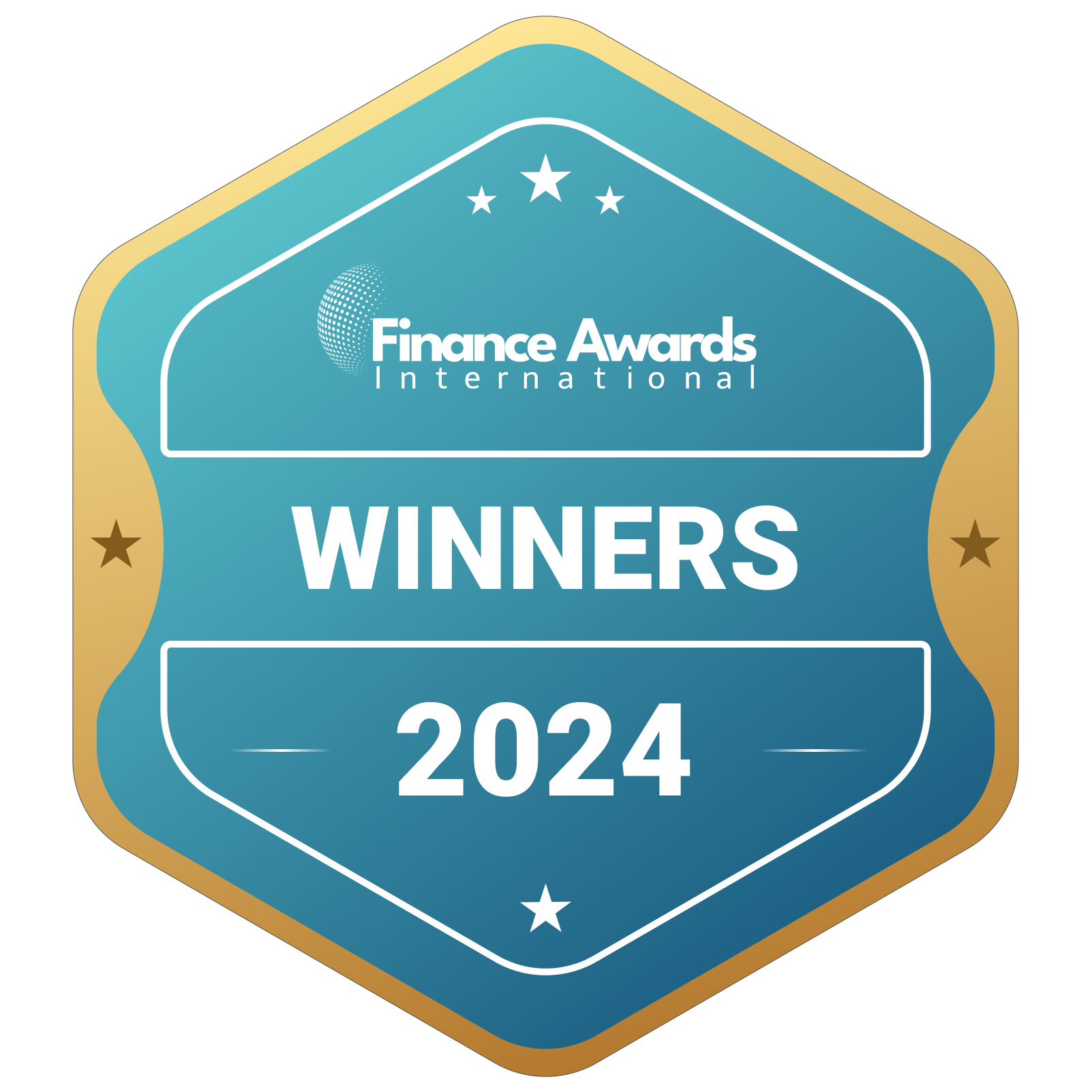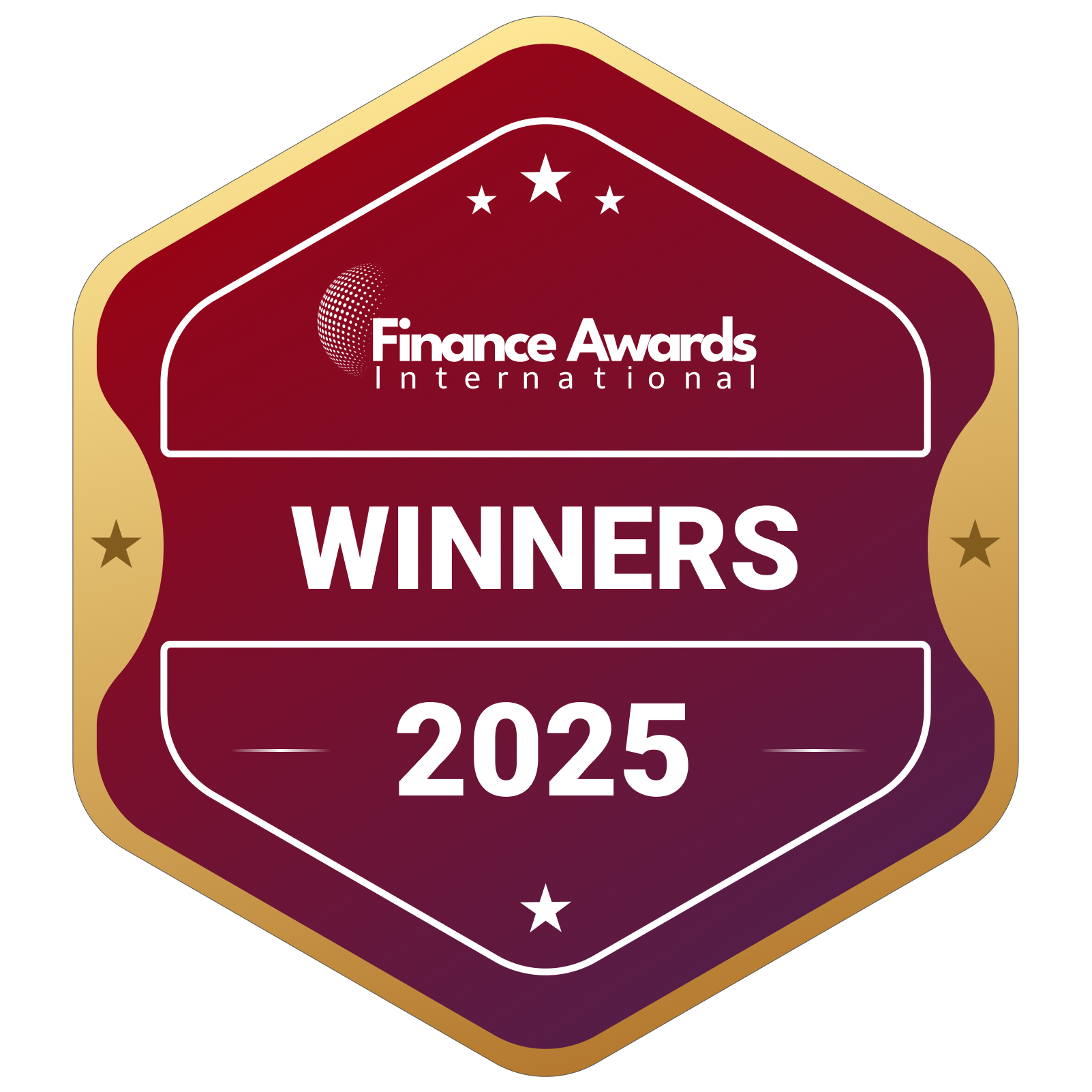Having the right team in place is crucial for any business to succeed. A cohesive, motivated group of individuals working together towards common goals is what allows companies to scale and grow. However, to build a strong team it takes strategy and effort. This article guides key areas to focus on such as hiring the right people, encouraging collaboration, developing skills, and more. Following these best practices will help any business construct a strong foundation for its team.
What Qualities Should You Look for in New Hires?
When assembling a team, concentrate on selecting individuals who have the attitudes and qualities that will best support your goal. Seek out people who are highly motivated, enthusiastic, and have a solid work ethic. Soft skills like communication, problem-solving, and flexibility should be evaluated in addition to the core abilities required for every position. Methods for assessing cultural matches during interviews can highlight shared and unique characteristics that encourage an enjoyable group dynamic. Background checks and references offer information about a candidate’s employment history and skills, which helps match them with the team’s views.
How Can You Onboard New Members Effectively?

A thoughtful onboarding process sets the tone for new hires and helps them ramp up productivity faster. Develop a thorough program covering organizational overview, job requirements, workplace culture, and values. Assigning mentors fosters guidance on organizational navigation and performance expectations. Provide learning materials and set review periods to track understanding and address issues early. Building connections and making new employees feel welcomed relieves integration stress improving long-term commitment.
How Can Collaboration Be Encouraged?
Fostering collaboration helps build a strong team that is more innovative, supportive, and productive. Lead by example through transparency, sharing credit, and valuing all contributions. Use workspace design to promote interactions and cross-functional communication. Hold regular brainstorming forums encouraging creative problem-solving outside silos. Recognizing collaborative achievements as a group over individual performance instills team-first mindsets. Lead collaborative planning and set team OKRs keeping everyone invested in collective success.
How Should Skills Be Developed Continuously?
Even top performers need consistent skills sharpening to sustain peak performance. Conduct skills gap analyses to uncover learning priorities for roles and individuals. Provide on-the-job training, mentoring, and rotational assignments improving hands-on strengths. Sponsor virtual and in-person workshops covering professional and soft skills development. Create individual development plans outlining quarterly learning objectives and support achieving goals through coaches. Encourage further self-education and external certification attaining industry knowledge and advancing the team.
How Can Performance Be Managed Effectively?

Managing performance keeps teams focused and accountable. Communicate team and individual OKRs twice annually helping in goal alignment. Set key result areas and behaviors for roles with employee input fostering ownership. Conduct progress reviews with actionable feedback to course correct. Recognize achievements motivating high performers while underperformance receive support to get back on track. Reward achievements through compensation, promotions, and recognition developing career growth. Address issues promptly preventing toxicity while maintaining an upbeat culture. All this can help build a strong team that is efficient and easy to manage.
How Can Team Bonding Be Encouraged?
Encouraging strong team cohesion boosts morale, pride, and camaraderie powering extraordinary results. Organize monthly team-building activities developing trust and fun bonding outside work. Recognize milestones and achievements together through celebrations. Solicit feedback through surveys to address issues compromising unity proactively. Encourage team socialization through lunch gatherings and after-work mixers strengthening relationships supporting each other. Team communication tools and areas promote casual interactions building rapport across levels and functions.
Conclusion | Build A Strong Team
To build a strong team that is effective it takes time, care, and constant nurturing. Following best practices around talent acquisition, development, performance management, and culture enhances collaboration and strength in diversity. Leaders guiding with purpose, support, and clear direction empower high-performing teams delivering sustainable success for organizations. Implementing a strategic, considerate approach to team building provides a strong competitive advantage for any business.








